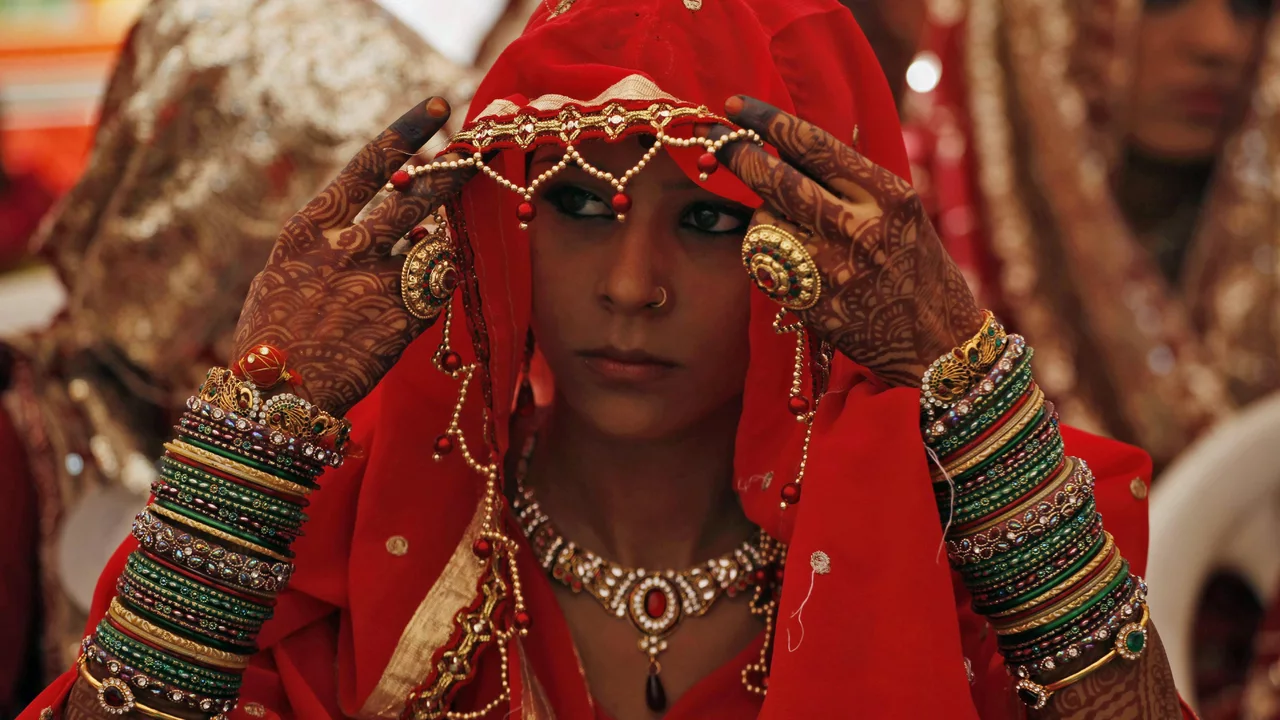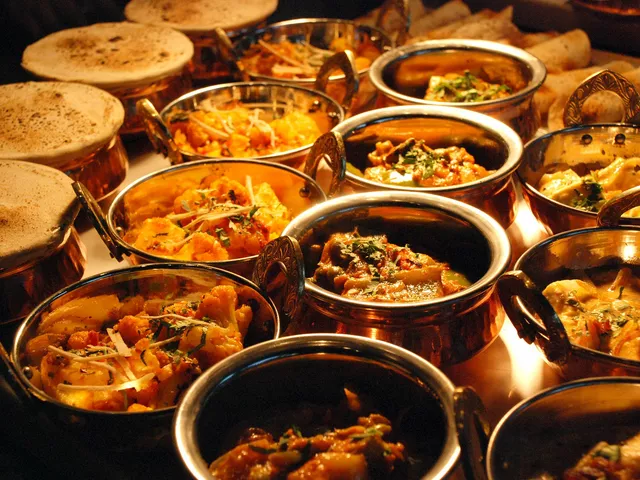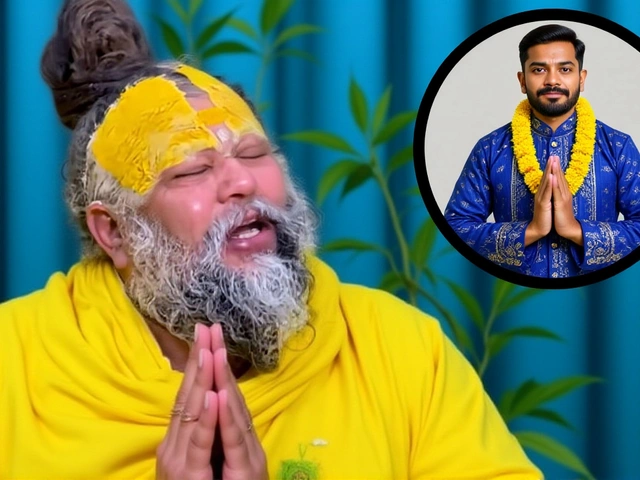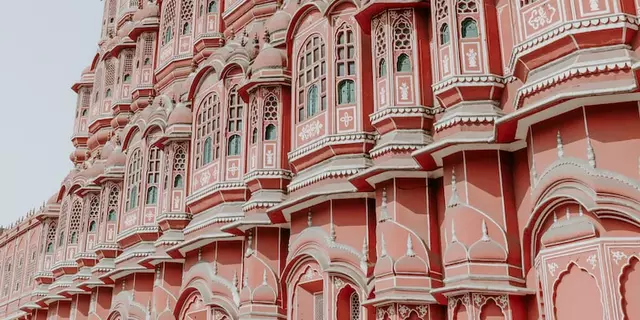Understanding the Indian-American Diaspora
Before jumping to conclusions, it's essential to clarify that the notion that Indian-Americans universally hate India and Indian culture is a stereotype. Stereotypes are often misleading and harmful in conversation. As a part of the Indian-American diaspora myself, I've come across a wide spectrum of opinions and attitudes toward our mother country and its rich and diverse culture. Some of us embrace it wholeheartedly, while others have complex feelings. Let's dive deeper into this nuanced topic.
The Influence of Westernization
Many Indian-Americans have grown up in the United States, a country that espouses Western values and customs. This upbringing can sometimes create a disconnect with their Indian roots. The pressure to fit into the American way of life, coupled with the lack of exposure to Indian traditions, may lead some to distance themselves from their heritage. However, to label this as 'hatred' is too simplistic. It's more about cultural assimilation and identity struggle.
The Impact of Stereotyping and Racism
Another significant factor that might contribute to this perception is the prevalence of stereotyping and racism. Think about the offensive caricatures of Indians often presented in popular media. These stereotypes can create a sense of shame or embarrassment about one's cultural identity, leading some Indian-Americans to distance themselves from their Indian roots. But again, this shouldn't be confused with hatred for India or its culture.
The Pressure to Assimilate
Many Indian-Americans feel a constant pressure to assimilate into mainstream American society. This pressure can be particularly strong during formative years, leading some to reject their Indian heritage in an attempt to fit in. Again, it's important to note that this is not so much a hate for Indian culture as it is a coping mechanism for navigating a predominantly white society.
Experiences of Discrimination
Experiences of discrimination can also play a role in shaping one's relationship with their cultural identity. Some Indian-Americans may have faced bigotry and prejudice due to their Indian origins. Such experiences can cause feelings of resentment and alienation, but it's crucial to remember that these feelings are directed towards the perpetrators of discrimination and not towards India or its culture.
Reconnecting with Indian Culture
Many Indian-Americans, especially the younger generation, are making conscious efforts to reconnect with their Indian roots. They are exploring Indian literature, music, cinema, and cuisine, and celebrating Indian festivals. They are actively seeking to understand and appreciate their heritage, challenging the notion that Indian-Americans hate India and its culture.
Conclusion: A Complex Relationship
Ultimately, the relationship between Indian-Americans and their cultural roots is complex and multifaceted. It's shaped by a myriad of personal experiences, societal pressures, and individual perceptions. Labeling it as 'hatred' oversimplifies this relationship and undermines the rich diversity within the Indian-American community. As we continue to navigate our multicultural identities, it's important to foster open and empathetic conversations about these issues, without resorting to stereotypes or generalizations.




